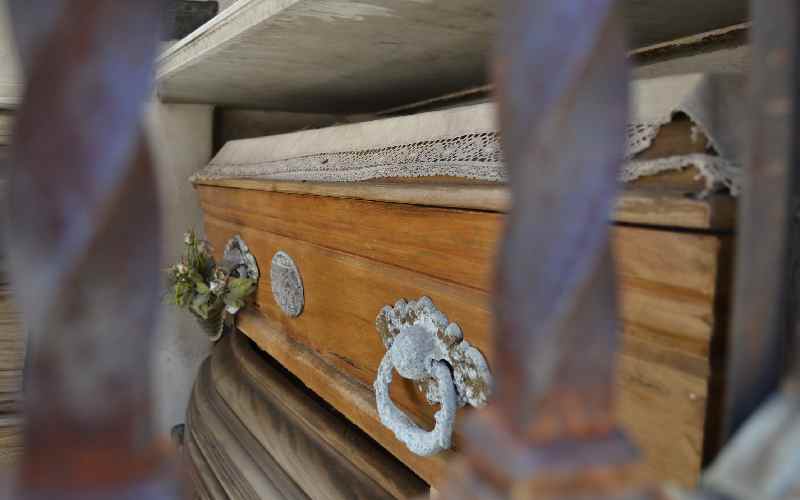×
The Standard e-Paper
Join Thousands Daily

Carpenters with workshops in Kapenguria and Makutano towns don’t make or display coffins.
After losing a loved one in West Pokot County, the agony of where to buy a coffin to give the deceased a decent send-off begins.